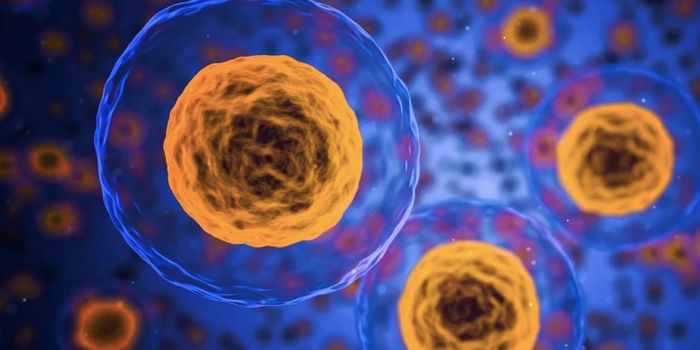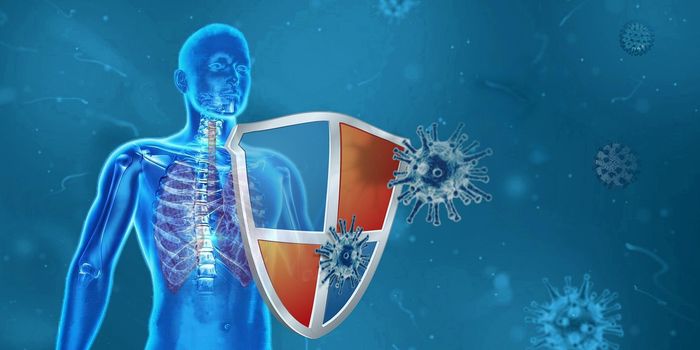Novel Protein Target Enhances Immunotherapy
Immunotherapy has transformed the field of cancer medicine. It has extended survival rates, reduced toxicity, and, in some cases, completely eradicated the tumor. Immunotherapy is a form of cancer treatment that redirects the immune system to recognize and target tumor cells. Once established through cellular mutation and low immune response, solid tumors secrete proteins that polarize immune cells and make them pro-tumorigenic. Additionally, these tumor signals suppress healthy immune cells to avoid being targeted. As a way to circumvent different suppressive mechanisms, immunotherapy activates the immune system and reinvigorates cell function to more strongly react to the tumor.
One major form of immunotherapy that has garnered much attention and success is immune cell adoptive therapy. Adoptive cell therapy is a general term that refers to immunotherapies that take a patient’s immune cells, alters and expands them out of the body, and reinfuses the cells back to target the cancer. The cells that are usually taken, altered, and reinfused are known as T cells, which are known to primarily recognize and eliminate infections/diseases from the body. Specifically, T cells have special receptors on their surface that allow them to detect cancer. However, proteins secreted by the tumor can inactivate these cells. By restimulating them out of the body and reintroducing them to the tumor, T cells can more effectively control tumor progression.
In the last few decades scientists have developed a T cell adoptive therapy known as chimeric antigen receptor T cell (CAR T cell) therapy, which engineers T cells with markers designed to specifically recognize the tumor. This was revolutionary when it was first developed and has grown to be a successful treatment in many hematologic malignancies. Unfortunately, CAR T cell therapy does not work consistently well in all cancer types and researchers are working to understand treatment limitations.
A recent paper published in Cell, by Dr. Jianjun Chen and others, discovered a protein that progresses many hematologic malignancies and when targeted by CAR T cell therapy can improve treatment outcomes. Chen is the Simms/Mann Family Foundation Chair in the Department of Systems Biology at the City of Hope Comprehensive Cancer Center in California. His work involves the study of genetic regulators that control developmental processes such as the proliferation of blood cells. Specifically, Chen works to regulate intracellular mechanisms to modify proteins and change cellular function.
Researchers identified the protein, referred to as YTHDF2, which advances hematologic malignancies. They found that YTHDF2 turns genes on to help the cancer maintain stable energy stores. Additionally, it helps cancer cells avoid the immune system by reducing the identifiable markers on their surface that T cells would recognize as “cancer”. To combat this protein, Chen and his colleagues generated a YTHDF2 inhibitor, which stunted the proteins function and sensitized cancers to CAR T cell therapy. As a result, tumors were reduced and did not progress. This is a major advance in the field of hematologic malignancies and has major implications for patients with cancer. This new discovery has the potential to enhance treatment efficacy in many different types of cancers and can improve patient survival.








